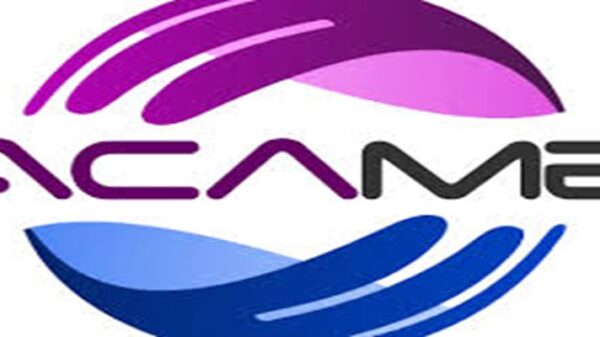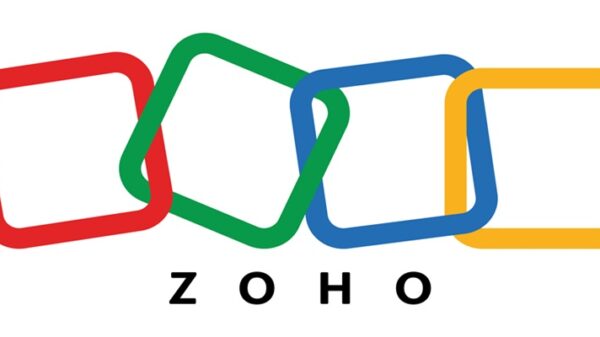By Seye Folajimi
I start each day with one goal: to be as efficient and focused as possible. A developer’s life is full of interruptions, and without good time management, it’s easy to fall behind. As a Backend Engineer at Moniepoint, I’ve assembled the toolkit that helps me and I believe by extension any technical professional to deliver results consistently.
In this feature article, I’ll share the tools and habits that have practically multiplied my productivity and sharpened my focus on the job.
My Daily Toolbox
I rely on a handful of core tools every day. IntelliJ IDEA and Visual Studio Code are my primary editors: IntelliJ for heavy backend work (it’s packed with features) and VS Code for quick edits or scripting. When testing APIs or debugging endpoints, Postman is indispensable for sending requests and saving environments. For spotting code or configuration differences, I often paste text into Diffchecker.com and let it highlight the changes. And for database work, MySQL Workbench provides a visual SQL editor and schema designer that saves me a ton of time. Dear professional, using the right tool for each task means fewer context switches and a smoother workflow.
Productivity Strategies That Power My Workflow
Beyond raw tools, I use structured habits to stay on track. I break the day into focused blocks and assign each chunk to an activity (coding, reviews, meetings, etc.). This time-blocking approach improves focus by letting me give my full attention to one task at a time. I also apply the Eisenhower Matrix to categorize tasks by urgency and importance; this ensures I tackle critical work first. Rather than flitting between emails, calls, and code, I batch similar tasks into dedicated slots. Some of my core techniques include:
Time Blocking: I assign specific blocks of time for coding, meetings, code reviews, and so on. This means I can dive deep into one task without switching contexts. (For example, I often use 25-minute sprints followed by a 5-minute break – the classic Pomodoro cycle – to keep my mind sharp.)
Prioritization (Eisenhower Matrix): Each morning I list my tasks and sort them by urgency vs importance. The Matrix helps me “do first” what truly matters and “delegate or drop” low-value items. This clarity prevents me from getting bogged down by busywork.
Automation: Whenever I catch myself doing something repetitive, I stop and ask, “Can I script this?” Whether it’s a shell script for routine commands or a CI/CD pipeline for deployment, automation frees up hours. Reducing manual repetition lets me focus on more critical work. Even simple automations (backups, report generation, test harnesses) add up to big time savings.
Notification Discipline: I turn off unnecessary notifications and check email/Slack only at scheduled times. By minimizing interruptions, I stay “in the zone” longer and preserve my cognitive energy.
Building My Custom Focus Extension: The Hot Gate
I even took matters into my own hands by coding a productivity tool from scratch, i called it “THE HOT GATE” .
The “Hot Gate” refers to the ancient Battle of Thermopylae in 480 BCE, a famous event in Greek history. It’s where King Leonidas of Sparta and a small force of Greeks (famously 300 Spartans) held off the vast Persian army of Xerxes I for several days.
The extension:
Blocks distracting websites during deep work sessions.
Organizes tabs to reduce clutter.
Unlocks distractions only during breaks.
I built it using JavaScript and browser APIs. One limitation: I can still turn it off manually. I’m considering adding a restriction to prevent that—but it’s still a local extension. Maybe someday I’ll publish it.
Breaks and Rewards
I’ve learned that smart breaks actually boost productivity. I take 2–4 minute strolls every hour, prompted by reminders from our infrastructure team. It’s refreshing and clears my head.
After big wins (like deploying a major feature or solving a tough bug), I reward myself—whether it’s a nice meal, a movie night, or just a chat with friends. These rewards keep me motivated and prevent burnout.
Wrapping Up
In my experience, combining the right tools with disciplined habits is what unlocks consistent high performance.
I’m constantly refining my setup—automating repetitive tasks, organizing my schedule better, and building systems that help me stay in the zone.
At Moniepoint and beyond, delivering quickly and reliably takes more than just code. It takes systems thinking, self-awareness, and the discipline to evolve your workflow over time.
By adopting these practices, I’ve become both more productive and more fulfilled. And I’m hoping the story is same or at least similar for you after reading this.
Seye Folajimi is a backend engineer with Africa’s fastest growing financial institution, Moniepoint Inc.
![]()





























































